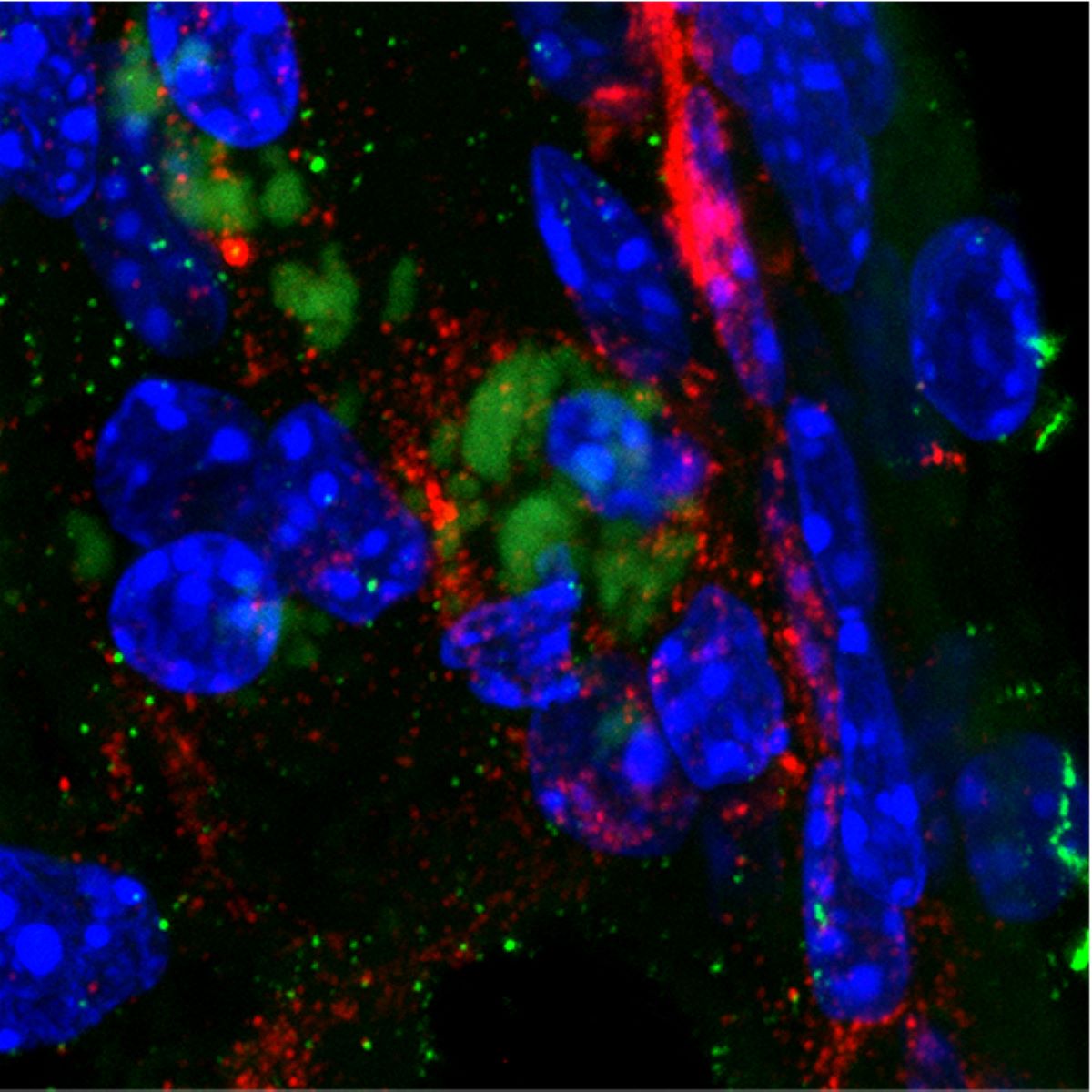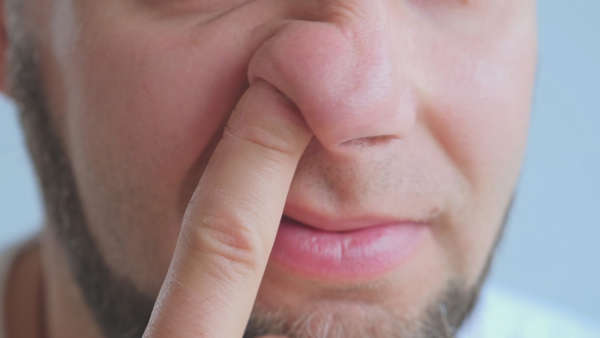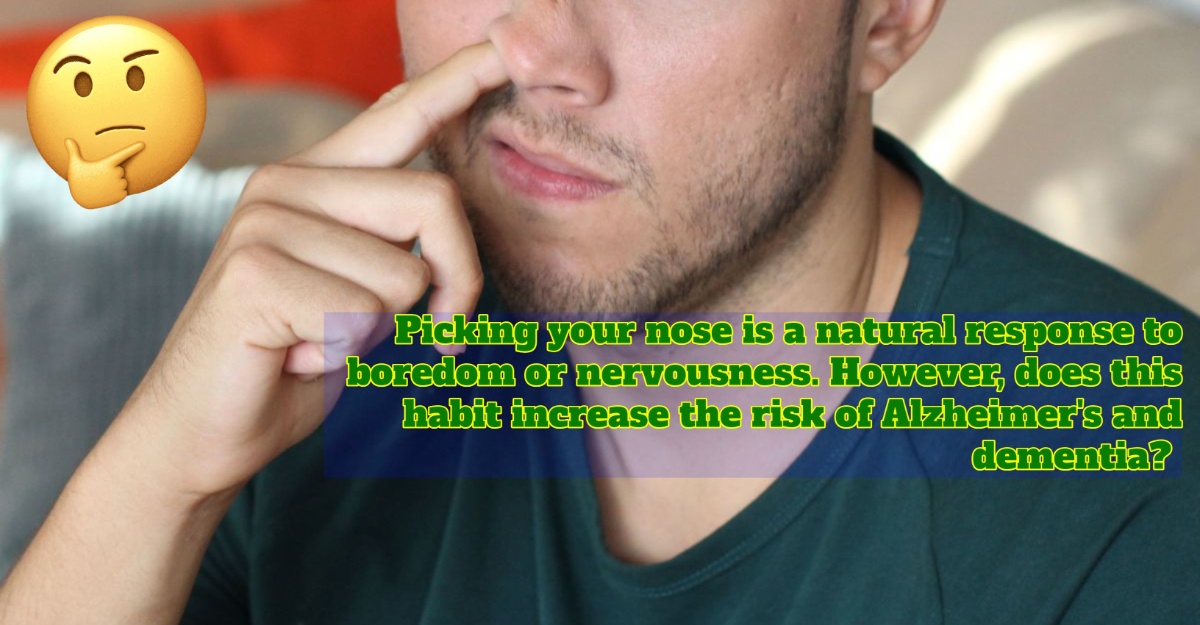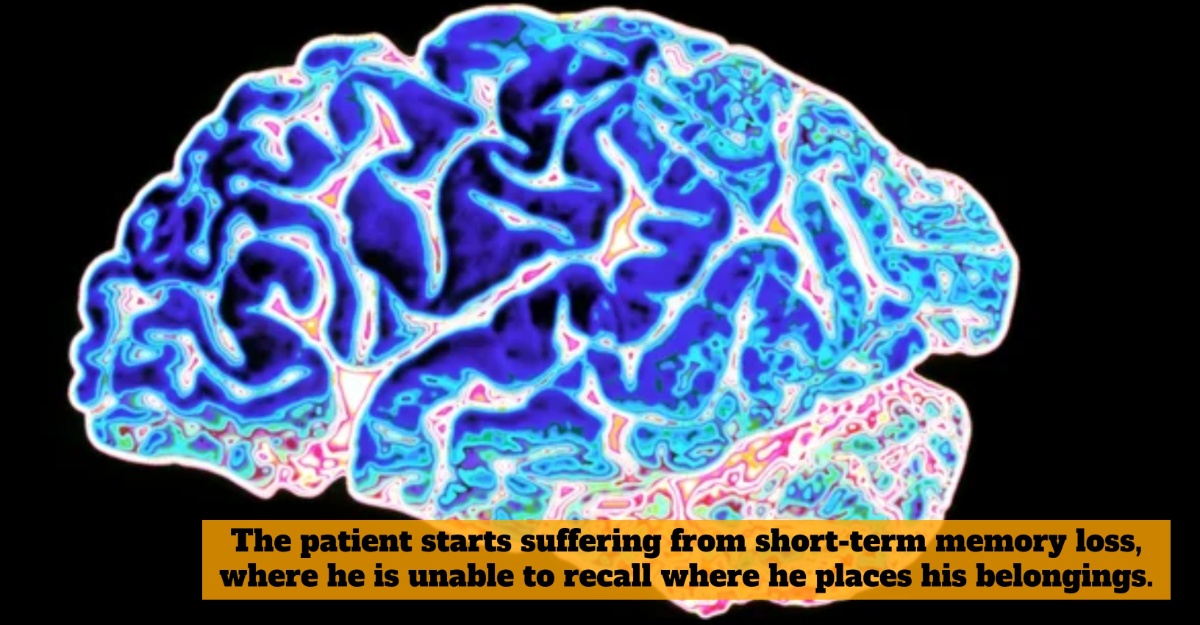Picking your nose is a natural response to boredom or nervousness. However, does this habit increase the risk of Alzheimer’s and dementia?
Researchers from Griffith University, Australia, found a harmful bacteria that can reach your brain from this seemingly harmless habit.
What is the new bacterium?

Griffith University’s researchers discovered Chlamydia pneumoniae, a bacterium that enters the brain by the olfactory nerve from the nose. Then, it leads to the development of amyloid beta plaques— a characteristic of Alzheimer’s.
Nose-picking damages the nasal mucosa, as suggested by the author. This habit eases the bacteria to reach the olfactory nerve and enter the brain.
Professor St John said, “We’re the first to show that Chlamydia pneumoniae can go directly up the nose and into the brain where it can set off pathologies that look like Alzheimer’s disease.”
He added, “We saw this happen in a mouse model, and the evidence is potentially scary for humans as well.”
Further studies need to be done on humans
The study is conducted on a mouse. But the effect might differ as humans are humans and not animals.
Therefore, Professor St Join affirmed, “We need to do this study in humans and confirm whether the same pathway operates in the same way. It’s research that has been proposed by many people but not yet completed. What we do know is that these same bacteria are present in humans, but we haven’t worked out how they get there.”
What are the bad effects of nose-picking?
- Introduces viruses, bacteria and other contaminants into the nose
- Spreads bacteria and viruses from the nose to other surfaces
- Damaging the tissues and structures inside the nose
The increase in Alzheimer’s risk by the research indicates damage and the introduction of pathogens.
Avoid nose-picking and plucking hair

Professor St John stated, “If you damage the lining of the nose, you can increase how many bacteria can go up into your brain.”
You can pick your nose but do it infrequently. Even though the research can be developed further, we can still take precautions to avoid increasing the risk of Alzheimer’s and dementia.
For a more detailed explanation, you can read the research on this concern here.
Sources: Griffith News, Scientific Reports, Medical News Today








